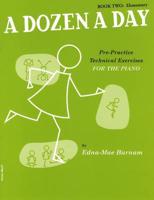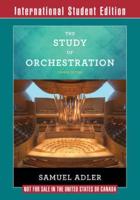Publisher's Synopsis
The combination of Stéphane Mallarmé's esoteric poetry and Maurice Ravel's elusive tonal language presents a multitude of methodological problems for both analysts and performers attempting to study the Trois poèmes de Stéphane Mallarmé (1913). While extant analyses of these songs draw on pitch content to make observations about Ravel's interpretation of the text, they fail to consider the fundamental structural importance of Mallarmé's poetry. In his autobiographical sketch, Ravel noted that Mallarmé's "préciosité so full of meaning" inspired him to compose the Trois poèmes. By using the archaic French word préciosité, which carries significant literary connotations, Ravel suggests that his understanding of Mallarmé's préciosité served as the compositional impetus for these songs. After establishing Ravel's life-long affinity for Mallarmé's Symbolist structures and formal improprieties, this book will present a detailed analysis of "Soupir" and "Placet futile." Both scholars and performers can benefit from these analyses, as they provide insight into the complex structures and symbolic content in Ravel's composition.










